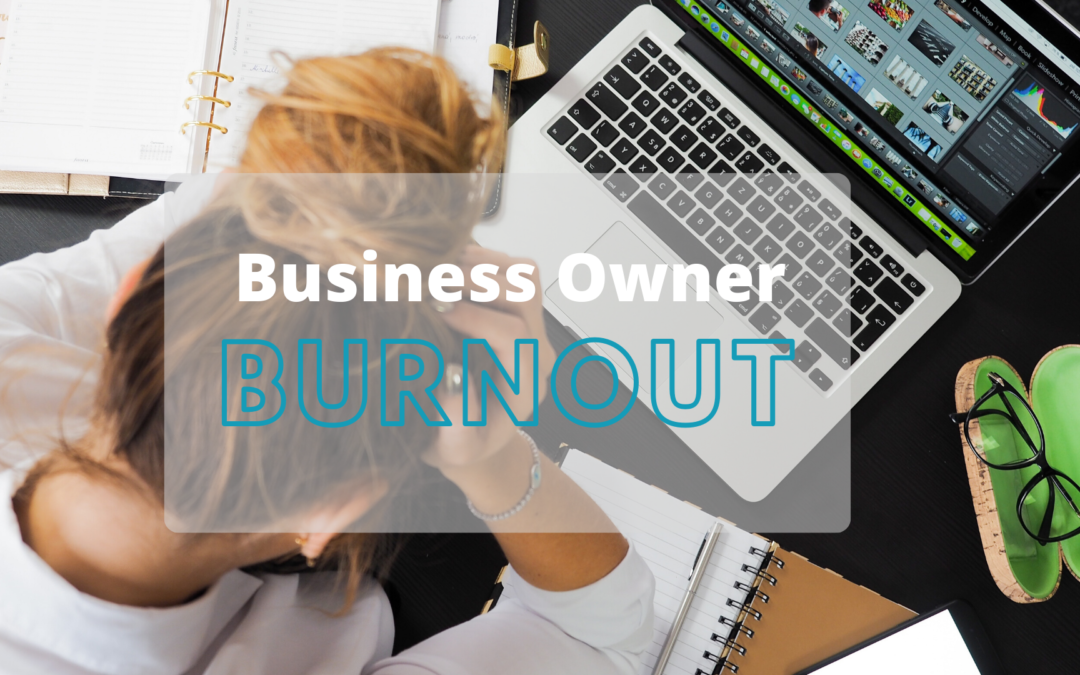Burnout is on the rise because our lifestyles are face-paced and we are trying to juggle a million things! They are also high in stress, our diets can be unbalanced and we tend to lack good quality sleep. This affects our adrenal glands which are known as the gland of stress. It is their job to help your body deal with stress from every possible source, including a stressful work environment, managing relationships, study, high-intensity exercise, caffeine, injury, and illness. The adrenal glands are also responsible for maintaining blood sugar levels, balancing hormones, managing inflammation, and provide our body with energy.
While short term stress can be beneficial long term stress can contribute to illness and unwanted problems. There are 3 stages of burnout, alarm, resistance, and exhaustion stage.
The Alarm Stage
The alarm stage is when the adrenal glands increase cortisol levels to adapt to the demands of stress or the busyness of your day. This is a healthy survival-based response that everyone encounters throughout a typical day. You can start to notice symptoms like anxiety, low immunity, feeling more awake at night time, struggling to fall asleep, some muscle cramping, eye twitching, or restless legs.
The Resistance Stage
The resistance stage is when your body is adapting to prolonged stress. Your body finds it hard to switch off and you can start to notice more symptoms. You may feel moody and irritable, your sleep gets even more out of whack, you notice you wake up during the night and struggle to get back to sleep. You have difficulty concentrating, you start to have cravings for sugar, salt, high carbohydrate foods and you notice the weight starting to creep on. You have frequent energy crashes and you would love to in the afternoon if allowed it too! You notice hormonal irregularities and digestive complaints that weren’t there before.
The Exhaustion Stage
This is when the adrenals are so exhausted they are unable to adapt to stress. Simple day to day tasks become hard to complete. You notice that you sleep for ten hours and you still feel tired, the fatigue just doesn’t lift all day and you go to bed feeling exhausted. You pick up colds and flu easily and you take a long time to recover. You feel down and there are these aches and pains which don’t seem to go aware.
Everyone responses differently to stress and you may experience different symptoms at different times. Below is a checklist, tick all the symptoms that apply to you right now. Once you have gone through the checklist then go back over the different stages of burn out and see what stage you are sitting in.
- Insomnia
- Sleep issues – struggle to fall asleep, wake up in the early morning and unable to get back to sleep
- You need coffee or other stimulates to help you get going in the morning
- Are you tired in the morning, even though you have had plenty of sleep?
- Sweet and/or salty cravings
- Light headiness and/or dizzy spells
- You want to nap in the afternoon
- Feel more awake at night time
- Feel like you are running on adrenaline
- Anxiety
- Low mood or depression
- Fatigue
- Brain fog and/or difficulty concentrating
- Fluid retention
- Low libido
- Low-stress tolerance
- Muscle cramping, eye twitching or restless legs
- Weakened immune system – pick up illnesses easily
- Weight gain or loss
- Bloating
- Constipation
- Diarrhoea
- Nausea
- Slower to recover from injury or illness
- Easily irritated and agitated
- Lack of motivation
- Increased allergies
- Premenstrual Syndrome
- Hormonal Imbalance – menstrual irregularities, infertility, male menopause, and polycystic ovary syndrome
- Pain – muscle or joint
- Inflammation – can be severe

5 Ways To Help With Burnout
1. Manage Stress
Everyone encounters stressful situations at times, whether it’s physical, mental, or emotional. Sometimes managing stress can be easier said than done, I get it! Learning about managing stress can involve different strategies and putting some solid boundaries in place. You may need to get guidance from a psychologist or counsellor to help you figure out what strategies work best for you because what works for one person might not work for another.
2. Eat A Fresh Whole Food Diet.
As we get busier we sometimes forget to prioritise eating and it can leave us feeling sluggish and irritated. Enjoy regular meals to help stabilise energy throughout the day and eat sitting down away from your desk, the tv or your phone to avoid overeating. Eat a fresh whole food diet which includes a combination of protein (meat, poultry, eggs, dairy, soy, legumes, nuts & seeds) fat (olive oil, avocado, nuts) carbohydrates (whole grains) fruit and vegetables throughout the day. Include plenty of colour with fruit and vegetables as different colours will provide you with different nutrients. Drink at least 1.5L of water daily to maintain hydration. Avoid processed and packaged foods as they lack nutritional value. Minimise caffeine, alcohol, sugar, and known food allergens because they rob our body of energy.

3. Get Adequate Sleep
It’s important to have regular sleep habits as it will help keep your sleep-wake cycle in a good pattern. Go to bed at night and wake up in the morning around the same time from day to day (including weekends). I know it is tempting to stay up later sometimes and binge-watch your favourite T.V. show, however, aim to go to bed before 10 pm every night. Make changes to your sleep environment if you need to by adjusting the temperature of your room to around 24 degrees, ensure your bedroom is dark, and invest in comfortable bedding.
4. Self-care
Self-care can come in many different forms and it really is a dedicated time that you switch off every single day and do something you enjoy. It doesn’t have to be weekends away, although it would be nice! It can be 15 minutes in the morning of activities like yoga, meditation, or deep breathing so you go into your day focused and calmer. A hobby such as gardening, knitting, puzzles, or watching a movie are great ways to have some time out. Take time out to re-energise and recalibrate because you are in control of how you would like to spend your time and energy.
5. Exercise
Regular exercise can help relieve tension, relax the mind, help with weight management, and improve your mood. Be mindful of the intensity of your exercise. If you are feeling burnt out then doing a high-intensity exercise can leave you feeling worse, opt for low to moderate impact exercises such as walking, swimming, or bike riding.
Burnout is on the rise because of our modern lifestyles. It’s important you take a step back, recognise the symptoms you are experiencing, and make changes to your diet and lifestyle. If you feel overwhelmed with trying to change things, pick 3 that you want to change, master them then move onto the next. Make small sustainable changes and you can beat burnout!
Pam helps men and women prioritise their health and well-being. Through her expertise as a naturopath, nutritionist, and personal trainer she enables people to take control of their mental health and various health conditions through natural medicine and healthy lifestyle changes. She offers realistic ways to help create a happier and healthier life. When she isn’t running her business, you can find her on the hockey field or creating some delicious food for her kids. Pam has had her own personal journey through high-performance sporting and career roles where she shifted from burnout, depression, and anxiety to balance and bouncing forward.






